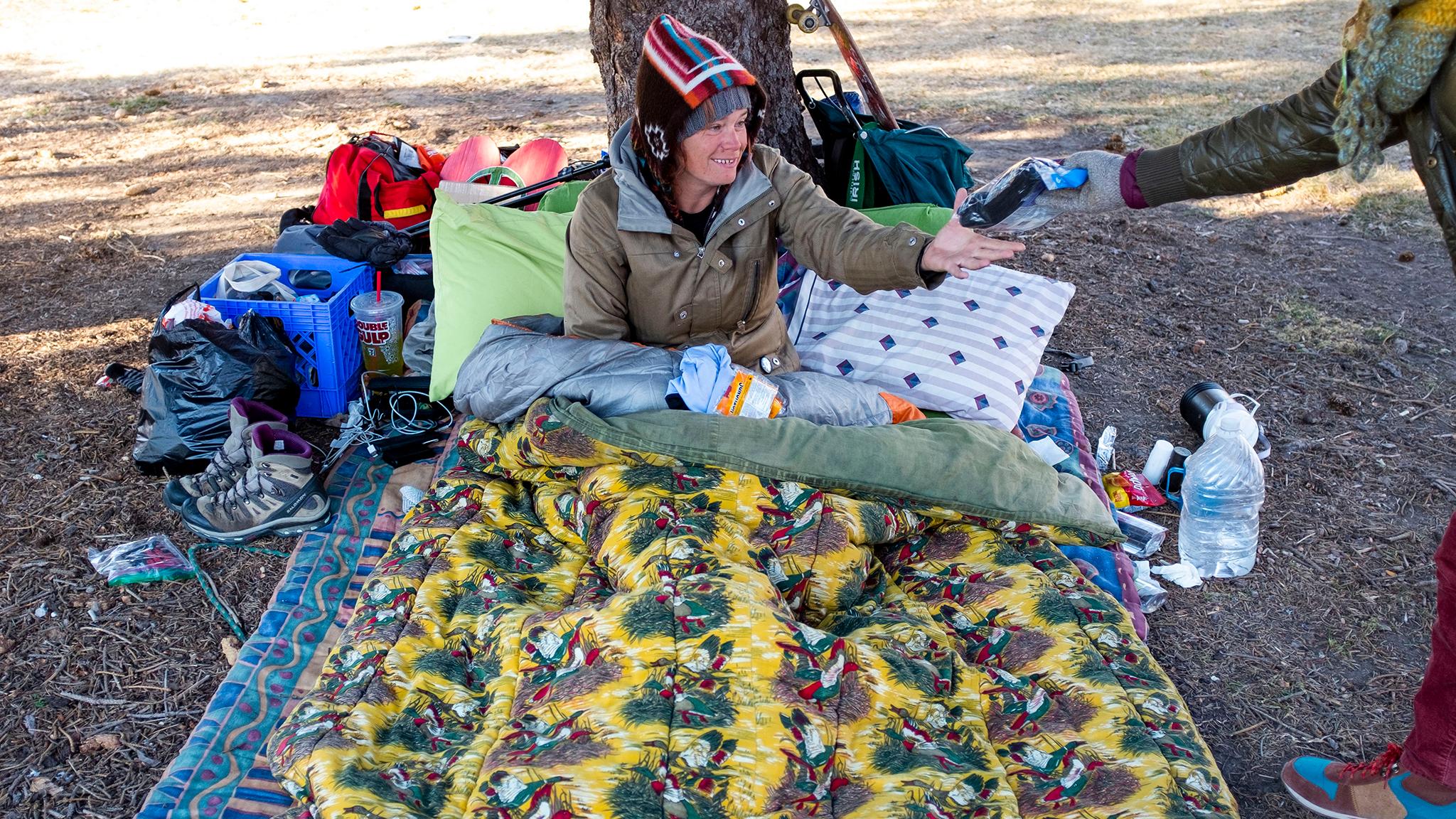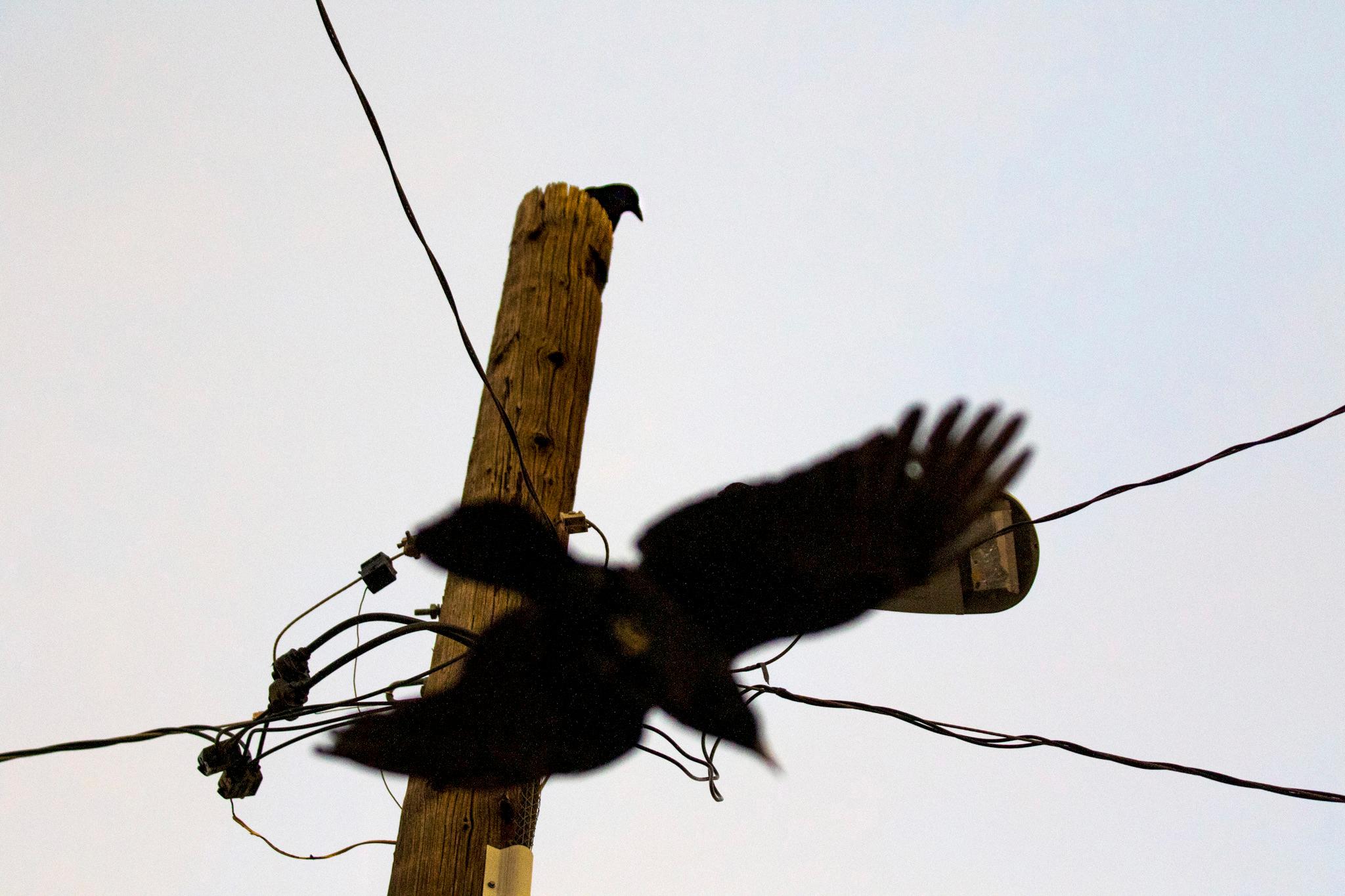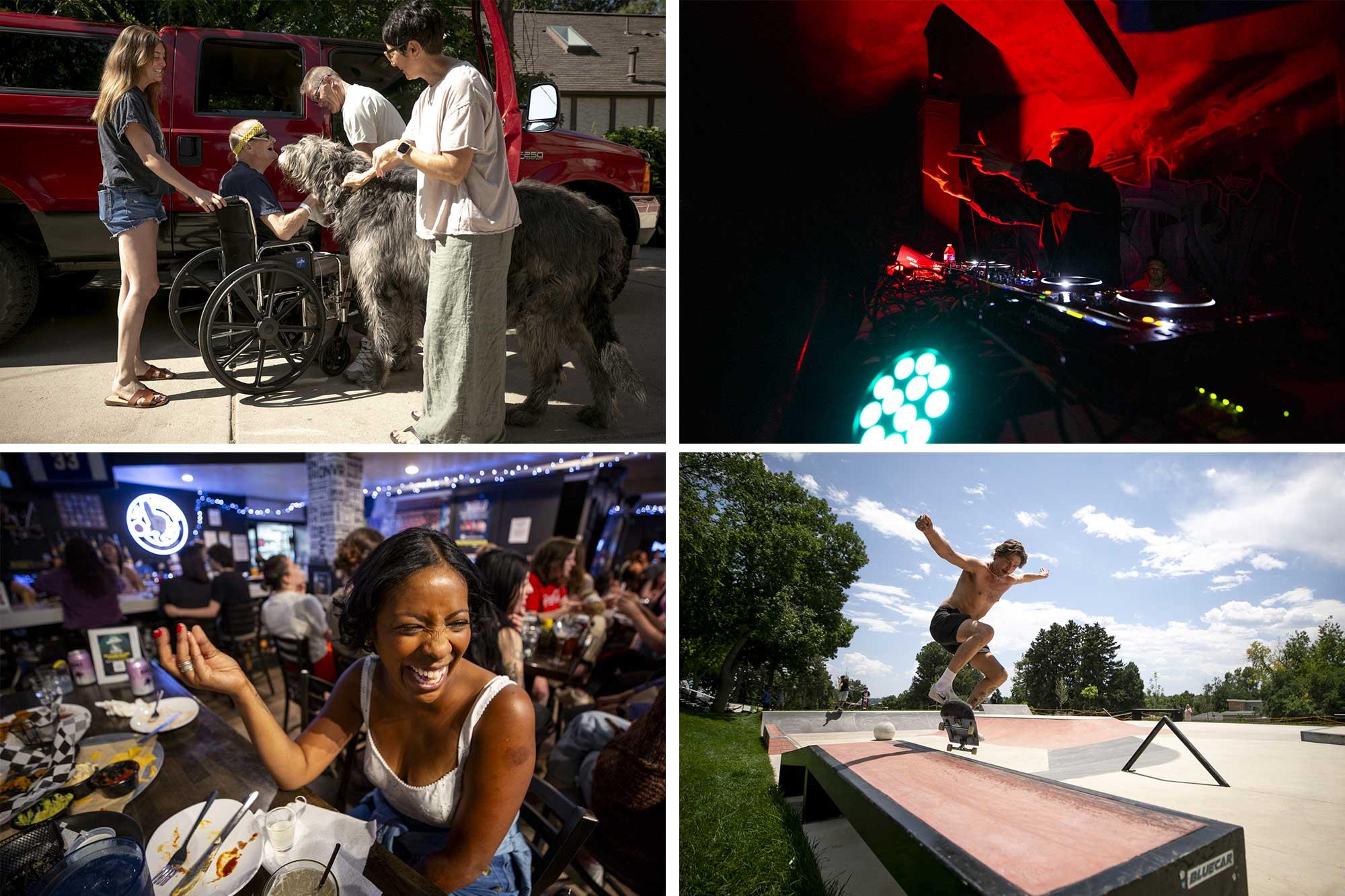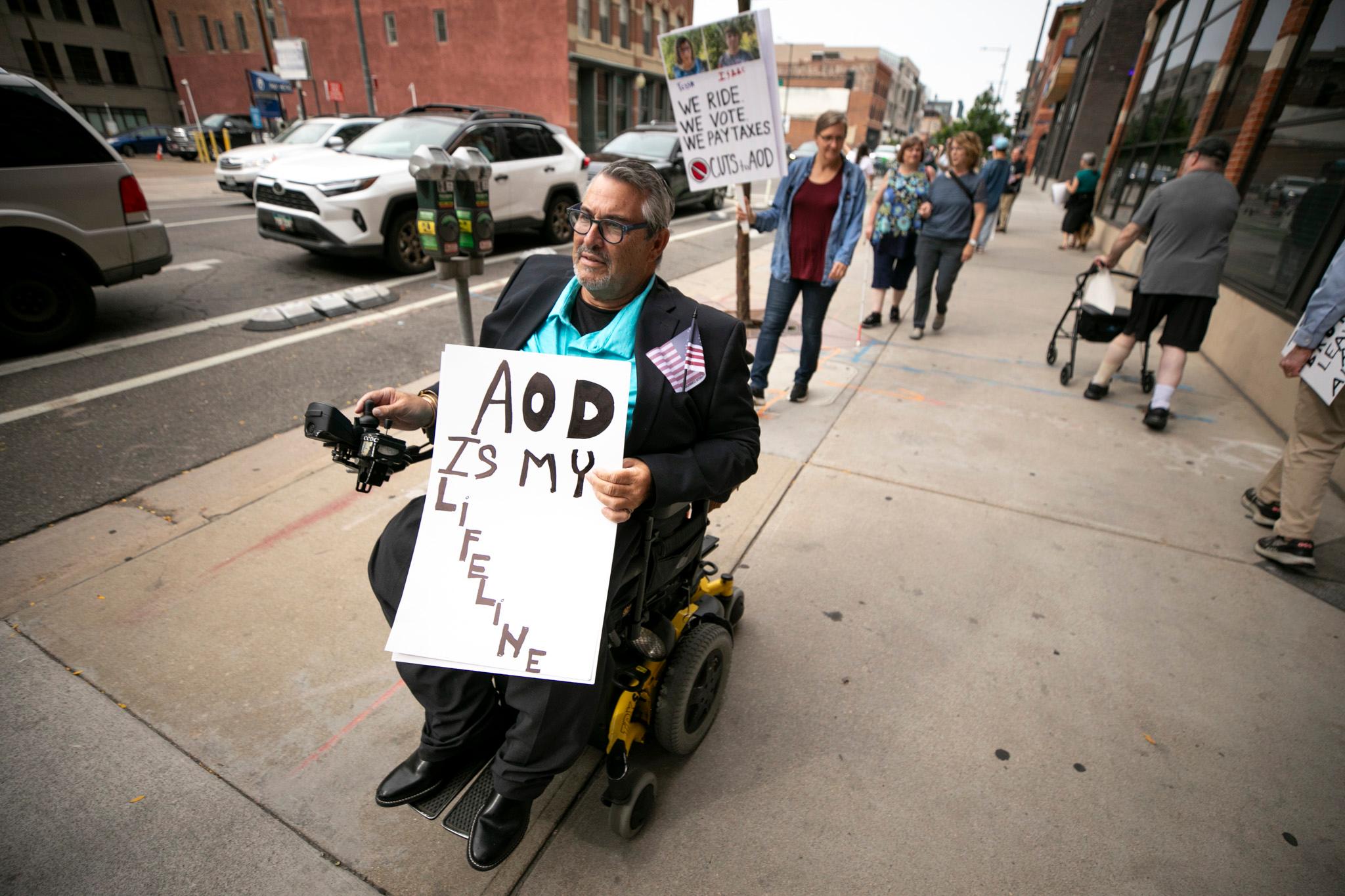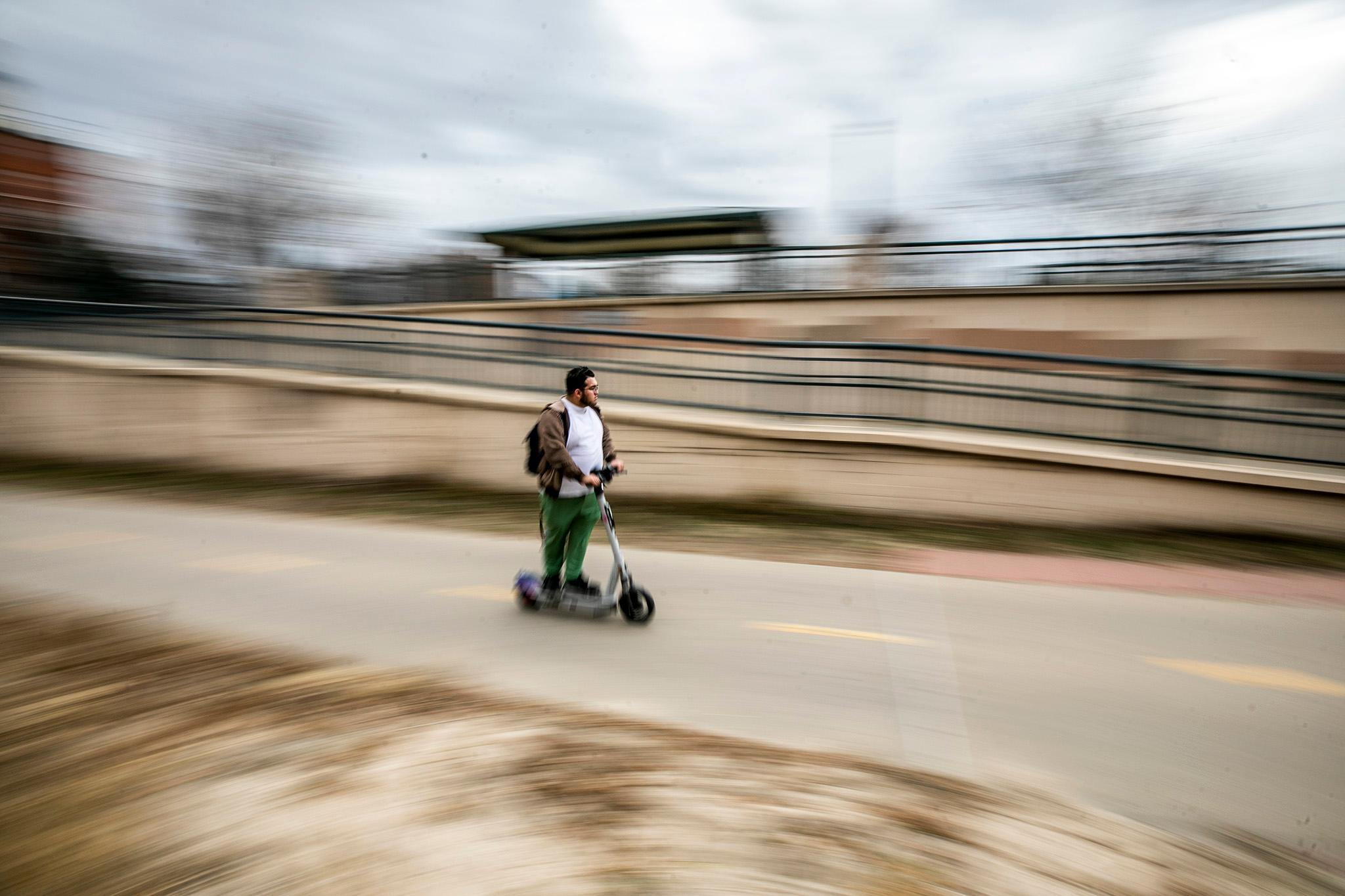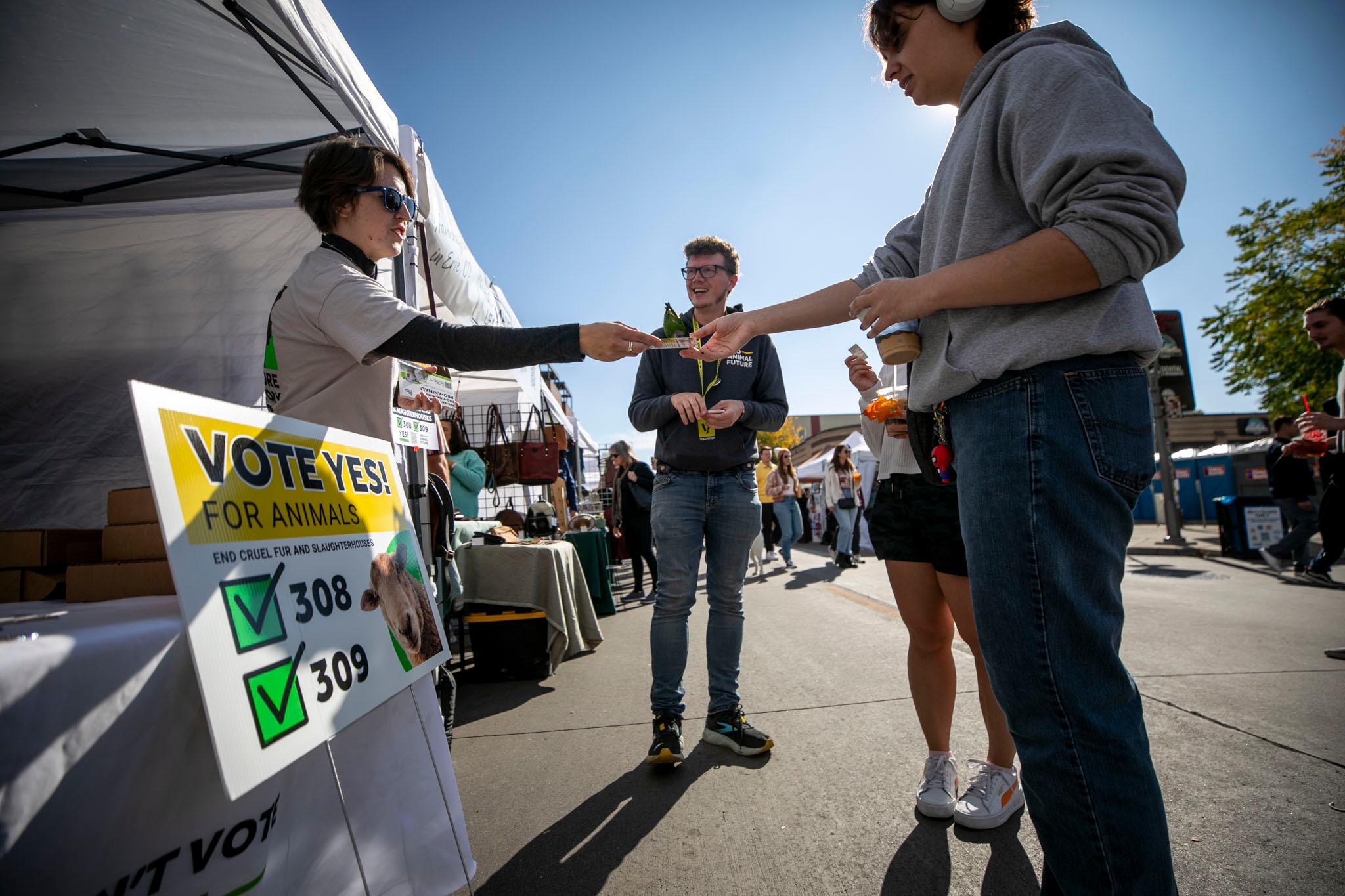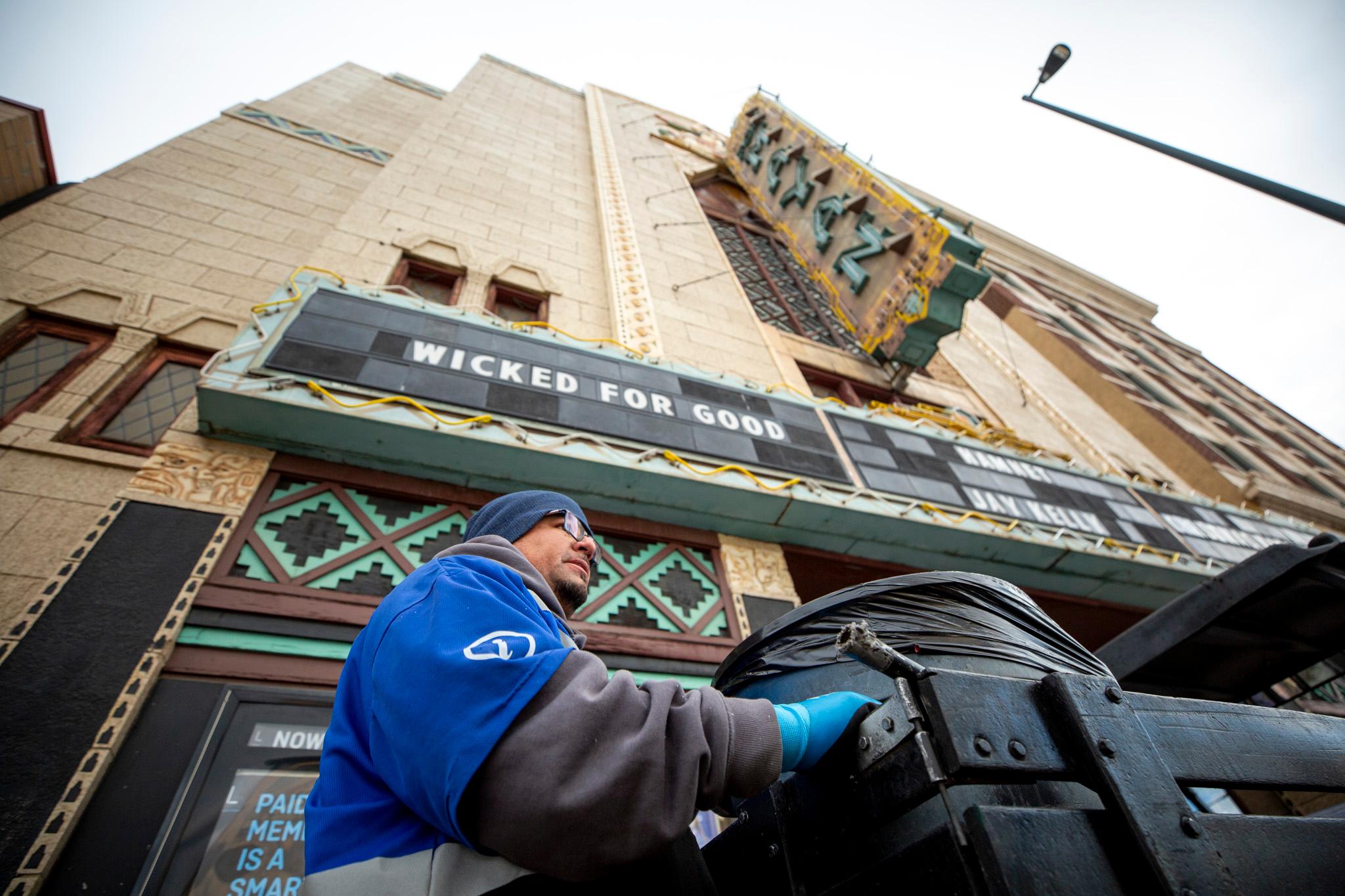The Navy veteran can't stand shelters. The machinist wants to save enough money to get a car to call home. The epilepsy sufferer came to Colorado to get medical care, even though she knew she wouldn't be able to afford housing.
These are some of the stories behind the numbers on homelessness in the metro area.
From sundown Monday to sundown Tuesday, staff from agencies that provide shelter and other support joined volunteers to gather data on people experiencing homelessness in the city and counties of Denver and Broomfield, the city of Aurora and the counties of Adams, Arapahoe, Boulder, Douglas and Jefferson.
The local exercise is part of the annual national survey known as the Point in Time. The U.S. Department of Housing and Urban Development requires that communities receiving federal money to fight homelessness conduct a Point in Time count of everyone in shelters and transitional housing each year at the end of January. Every other year, HUD requires the more difficult task of counting people experiencing homelessness who are not in shelters, though most communities do that every year alongside the shelter count.
Results from the 2020 Point in Time won't be available for several months. Last year's count found 567,715 people experiencing homelessness across the country on a typical night, an increase from 552,830 in 2018. In Denver, the Point in Time figure last year was 5,755, up from 5,317 in 2018.
No one thinks a one-day count can capture everyone experiencing homelessness. The Point in Time does provide data that can be compared to more than a decade of results and to other communities nationwide, helping identify trends and predict future needs. And because the task requires volunteers, it's also an opportunity to bridge the gap between people with homes and people without.
"You hear from people who are trying to improve their lives," said Mindy Mohr, a Point in Time volunteer in Arvada. She also is a member of Arvadans for Progressive Action, a group that she said has pushing for affordable housing on its agenda.
Samantha Camerino, a Colorado Coalition for the Homeless social worker, counted for the Point in Time Tuesday morning in Denver's City Park morning with two volunteers.
"Anytime we can get our housed neighbors to meet our unhoused neighbors is good," Camerino said.
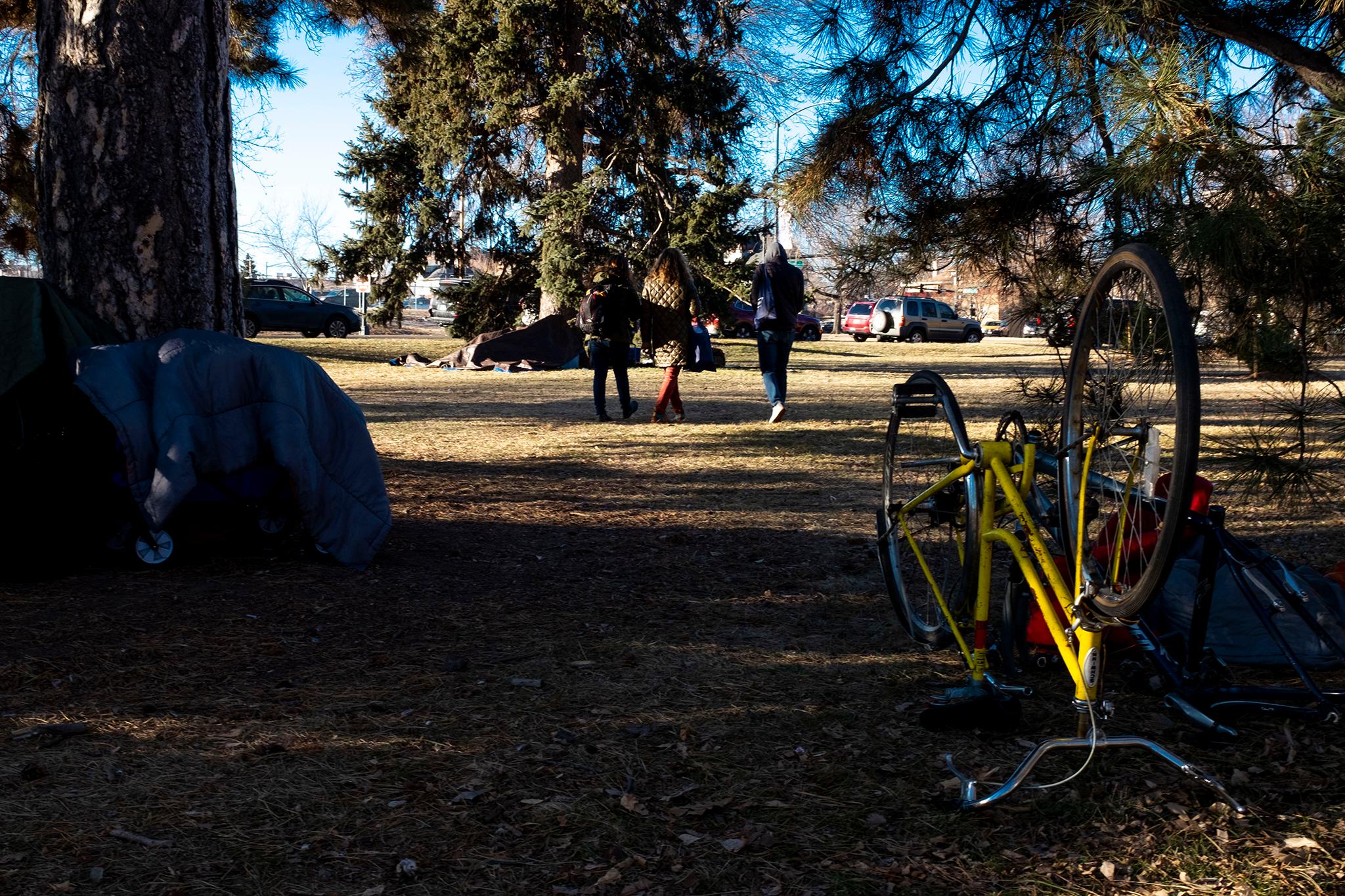
In some ways, it was like a typical day at work for Camerino, a mental health specialist who occasionally offers counseling on the streets. The Point in Time survey touches on sensitive areas, such as whether those questioned have concerns about their mental health or drug use.
A section added for the first time last year asks those who identify themselves as veterans whether they would like to be connected with an outreach worker who could talk about housing and other needs. Those that agree are asked to give their full names -- the survey is otherwise anonymous -- and contact details.
Missy Mish, a program manager for a Veterans Affairs Community Resource and Referral Center, said that within a week or so of the 2019 Point in Time, her center was able to add 69 veterans to its database because of the extra questions. Over several months, Mish's center was able to help at least 15 of those find housing.
Kelly Smith, who said he was a Navy veteran and a recovering drug addict, agreed to a follow-up after completing the survey in City Park on Tuesday.
Smith was camping under a spruce not far from East High School. He said he'd experienced homelessness several times, this time for the last 14 months. He hoped for permanent housing, but knew that would be difficult to find on an income of about $800 a month in welfare benefits.
He said he would not go to a shelter.
"It's akin to being in a jail," Smith said. "It's crowded and loud and disrespectful. It's not for me."
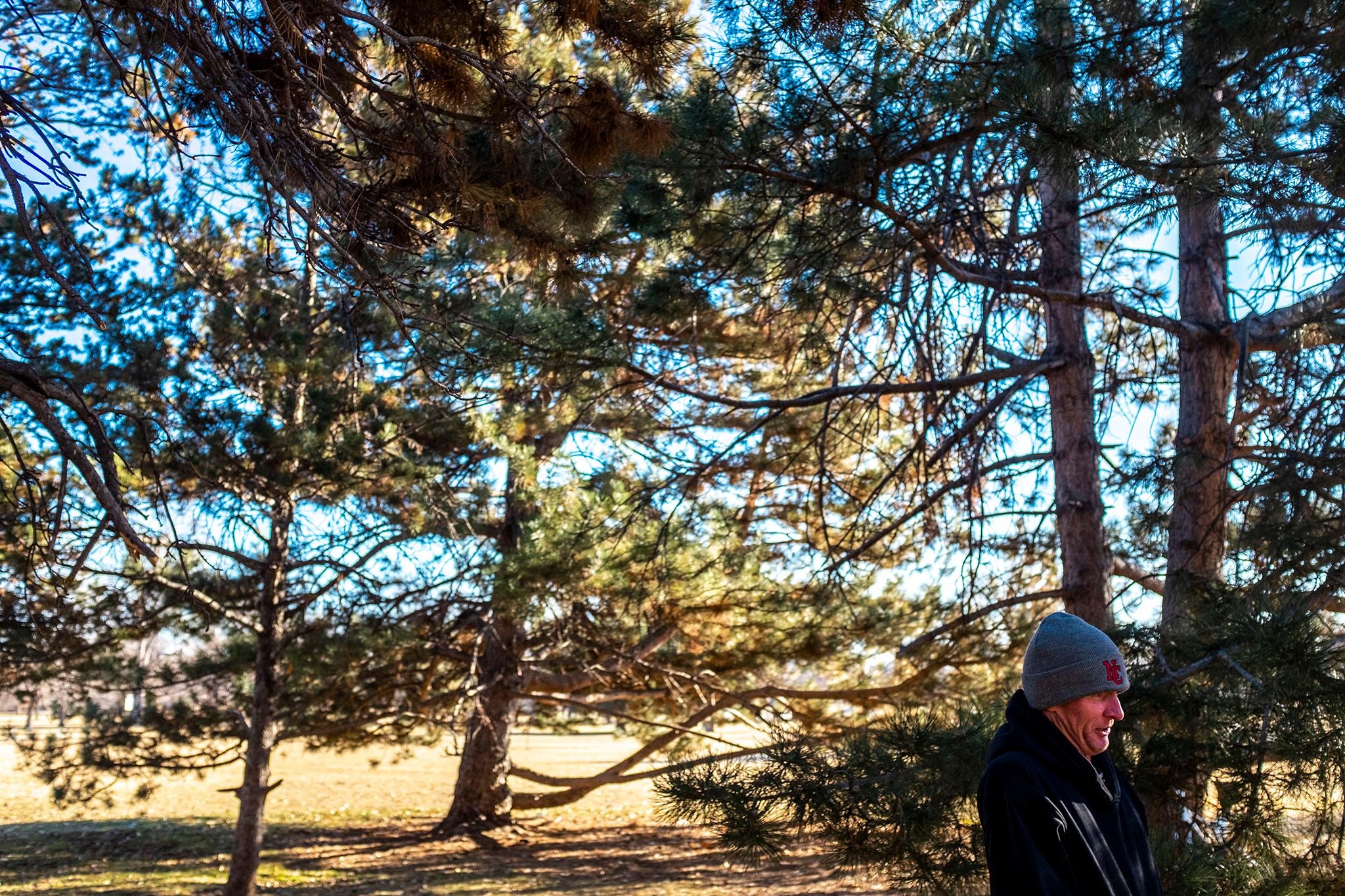
Julie McIntosh said she generally stayed away from shelters because they are crowded. But she came to Arvada's Cornerstone Church of God on Monday night to escape the cold. Cornerstone is part of a network of churches that open to people experiencing homelessness when the weather is cold. Arvada and other Denver suburbs do not have permanent shelters.
The severe weather shelters usually are open only when it is 20 degrees or colder without snow or rain, or 32 degrees with precipitation. Conditions were not quite that extreme Monday night, but Cornerstone, near Olde Town Arvada, opened anyway to provide a place for Point in Time canvassers to find people experiencing homelessness.
McIntosh said the car in which she lived broke down nine months ago. She'd needed the car to get to jobs for a company that dismantles discarded machines from other businesses and salvages parts. Without transportation, McIntosh lost that job. She's depended on day labor since.
McIntosh said she's been applying for better-paying, longer-term jobs. She said she had not sought help finding employment or housing.
"I'm hard-headed and I think I can do something on my own," McIntosh said.
Tesha Bass sat, snuggled under a pile of comforters in City Park late Tuesday morning. She said she suffers from epilepsy and came from Texas to Colorado in 2018 because Colorado had expanded Medicaid. She is being treated by a neurologist. She has a case manager who works for a nonprofit who is trying to help her find housing in Denver.
"I'm on pretty much every list (for housing) my case worker could put me on," Bass said.
Her grand mal seizures make it hard to hold a job, she said. She also said her illness makes her feel vulnerable when she is in a shelter. She and her husband spend days in the park, but, obeying the curfew, move to the stairwell of a nearby building at night. Bass said when she panhandles, people sometimes criticize her and ask why she's not working.
"They think we're homeless because we don't want to work and don't want to do something," she said. "If they could see past the druggies and the dumbasses, they would see that not all of us are like that. Some of us are trying to do better."
Correction: This article was updated to correct an error by the reporter. It corrects national Point in Time figures for 2019 and 2018. The 2019 Point in Time found 567,715 people experiencing homelessness across the country on a typical night, an increase from 552,830 in 2018.

